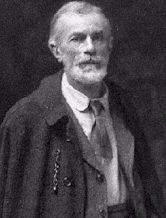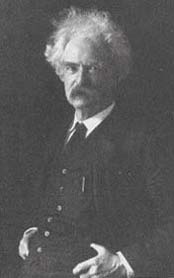
|
It was so in far-back ancient India; it is so now. Each of these classes endeavors in its turn - as one might expect - to become the ruling class and to run the government of the nation. The governments of the nations thus become class-governments. And it is one or another of these classes that for reasons of its own, alone or in combination with another class, foments war and sets it going. In saying this I do not by any means wish to say anything against the mere existence of Class, in itself. In a sense that is a perfectly natural thing. There are different divisions of human activity, and it is quite natural that those individuals whose temperament calls them to a certain activity - literary or religious or mercantile or military or what not - should range themselves together in a caste or class; just as the different functions of the human body range themselves in definite organs. And such grouping in classes may be perfectly healthy provided the class so created subordinates itself to the welfare of the Nation. But if the class does not subordinate itself to the general welfare, if it pursues its own ends, usurps governmental power, and dominates the nation for its own uses - if it becomes parasitical, in fact - then it and the nation inevitably become diseased; as inevitably the human body becomes diseased when its organs, instead of supplying the body's needs, become the tyrants and parasites of the whole system. It is this Class-disease which in the main drags the nations into the horrors and follies of war. And the horrors and follies of war are the working out and expulsion on the surface of evils which have long been festering within. How many times in the history of "civilization" has a bigoted religious clique, or a swollen-headed military clique, or a greedy commercial gang - caring not one jot for the welfare of the people committed to its charge - dragged them into a senseless and ruinous war for the satisfaction of its own supposed interests! It is here and in this direction (which searches deeper than the mere weighing and balancing of Foreign policies and Diplomacies) that we must look for the "explanation" of the wars of today. The Healing of Nations (George Allen & Unwin Ltd, 1915) Victory of the Loud Little Handful By Mark Twain
Next the statesmen will invent cheap lies, putting the blame upon the nation that is attacked, and every man will be glad of those conscience-soothing falsities, and will diligently study them, and refuse to examine any refutations of them; and thus he will by and by convince himself that the war is just, and will thank God for the better sleep he enjoys after this process of grotesque self-deception. Violence: A Dead-End Ploy By Jack Nichols
If men are going to construct meaningful defenses, these must include gentleness, sharing, generosity, and a host of other peaceful characteristics. They must be both active, like generosity or passive, like the willingness to listen. Our ideas of defense are primitive because they are based on tribal fortifications. We have carried the idiocies of the duel into the international arena. A public insult finds us ready to demand resititution of our honor. In a nuclear age, however, being trigger happy can mean universal death. The more ominous our supply of weapons, the more likely it seems to others we may be tempted to fight. If defense is our true motivation, we must give every sign that we are peaceful, restraining implanted aggressive impulses in any sphere where we have sublimated them, especially in our economic dealings. Men's Liberation: A New Definition of Masculinity (Penguin Books, 1975, 1980) |
|
 Edward Carpenter
Edward Carpenter  Mark Twain
Mark Twain  Jack Nichols
Jack Nichols